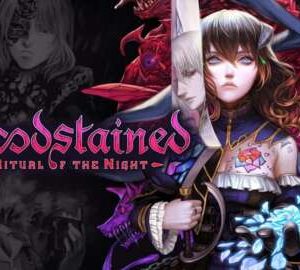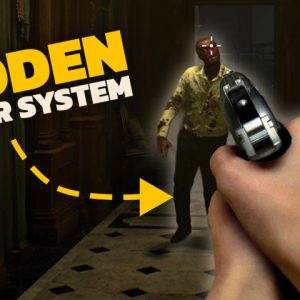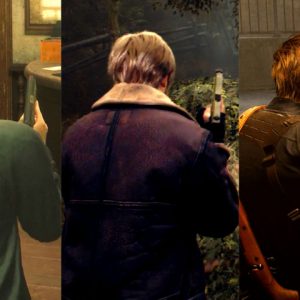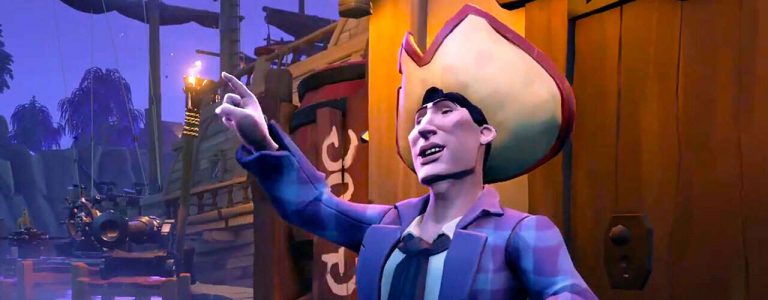
What is Dreams, exactly? That’s a question I’ve been asked a lot this week. In the broadest sense, Dreams is a toolkit for creating all sorts of video games, from puzzle platformers to bullet hell shooters, action RPGs, and anything else you can put your mind to. But it’s also so much more than that. It’s a place where you’re given the ability to create whatever you can imagine, even if it’s not technically a video game. It could be a short story, a musical, a highly detailed plate of food, or characters for other people to use in their own projects.
It’s also a place where you can ignore the creation side completely and fall down a rabbit hole of playing other people’s work. It’s like YouTube for video games, where a single hour can take you on a journey through so many disparate and imaginative experiences. There are the usual imitators with myriad recreations of levels from the likes of Sonic The Hedgehog, Crash Bandicoot, and so on. But even some of these are inspired. One imagines what Silent Hills could have been if Konami didn’t pull the plug, adding some LA Noire-esque interrogations to the mix, while another stars Persona 5’s Morgana in a 3D platformer about stealing pizza.
The majority are original creations, however, and their sheer diversity really stands out. There’s a game called Southpaw Cooking that “simulates” cooking with your left hand because your right is too busy holding a phone to your ear. Others are more elaborate, like Project Ikelos, a Souls-like action game, or Ruckus: Just Another Natural Disaster, which lets you destroy a city as a laser-beam-shooting Kaiju. Then there’s also something called Duet, a short music video featuring a ukulele-playing green guy and a pink dinosaur with a kazoo. Others, like The Collector, are simply showcases for impressive and highly detailed character art.
Developer Media Molecule has beautifully curated Dreams’ playable library with showcases for the community’s favourite creations, award shows where Media Molecule highlights its favourites, Game Jams that task the community with adhering to a particular theme in a short amount of time, and a robust search engine that lets you find what you’re looking for with a few simple keywords. You can effortlessly hop from one game or singular experience to another and discover something worthwhile.
On the flip side, the creation suite is a daunting proposition. With the freedom to create anything you can put your mind to, the toolset has to be incredibly exhaustive as a result. Fortunately, Dreams is chock full of informative tutorials that run through each tool and technique that’s available to you, from the basics to masterclasses on its most complex systems. Learning it all means investing a significant amount of time, but aside from being enlightening and incredibly helpful, each of the tutorials maintains Dreams’ focus on creativity. It actively encourages you to express yourself even when learning how the toolset works, and this makes working your way through its tutorials an enjoyable experience when tutorials can so often be a drag.
I need to play through more of these tutorials before delivering a final verdict on Dreams, but so far it’s a fascinating and frequently breathtaking game. Media Molecule released Dreams in early access less than a year ago, but the community has already developed some stunning creations that exhibit imagination, innovation, and artistry. With the game now in more people’s hands, and with more time on the clock for other creators, the future of Dreams is an exciting proposition. You can expect my full review early next week.
























